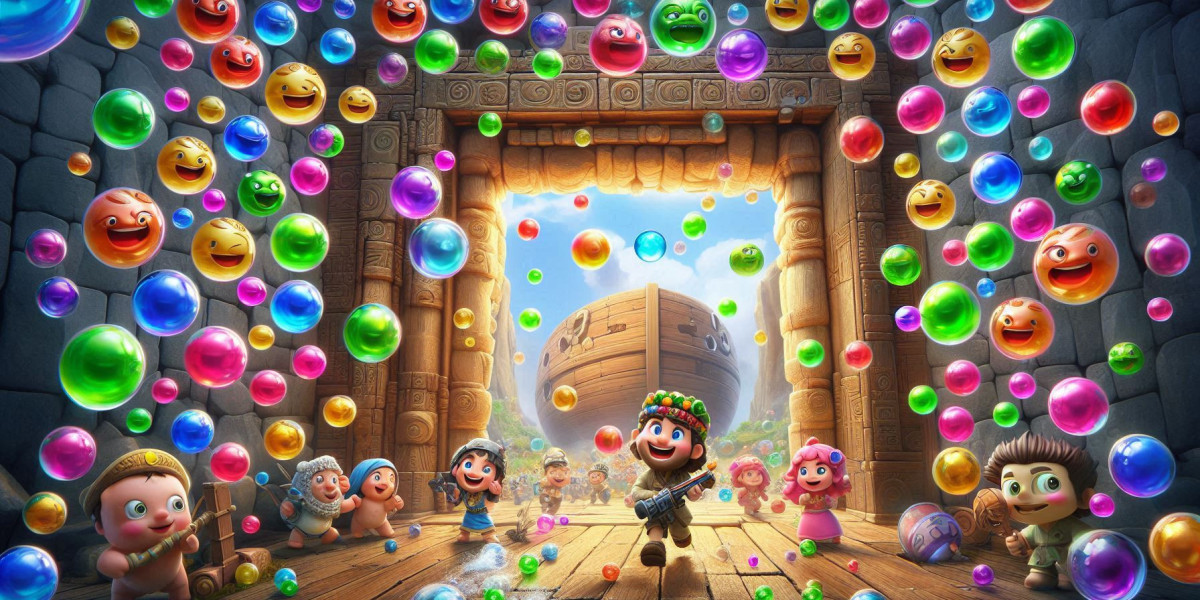Have you ever looked at a news story about a massive fraud scandal or a bribery case and thought, “What’s the point of even trying?” I’ve had that moment more than once. Fighting corruption can feel like shouting into the wind. You pay your taxes, follow the rules, and still the system seems rigged. The people in charge often don’t face consequences. That can leave anyone feeling powerless and frustrated.
But here’s the thing tackling dishonest behavior in public and private institutions, while difficult, offers real benefits. When societies push back against misuse of power and funds, they open the door to better services, fairer governance, and even stronger economies. Clean systems reduce waste, attract investment, and create more trust among citizens. In short, the effort might feel thankless at first, but the long-term gains are too important to ignore.
What does corruption actually look like?
It isn’t just politicians exchanging envelopes full of cash. Corruption can be subtle a bribe to skip a queue at a hospital, a public official granting building permits in exchange for favors, or police officers collecting unofficial “fines.” It shows up in broken infrastructure, inflated contracts, or hiring based on connections instead of merit. Sometimes, it’s baked into systems so deeply that people begin to accept it as “just how things are.”
In my own city, there was a scandal a few years ago where government funds meant for school renovations disappeared. Classrooms went untouched while officials claimed the money had been used. An audit revealed the truth, but by then, the funds were gone, and the children were still learning in crumbling buildings. That’s how corruption impacts real lives not just headlines or statistics.
Why is addressing this issue so important?
When countries clamp down on shady practices, they see ripple effects in almost every area of life. For one, public trust goes up. According to Transparency International, countries perceived to be cleaner tend to have higher levels of citizen satisfaction and civic participation. It also helps economies thrive. The International Monetary Fund (IMF) estimates that reducing corruption can improve a country’s GDP growth by 1–2% per year. That’s no small number.
Corruption also undermines safety. In 2013, the Rana Plaza garment factory in Bangladesh collapsed, killing over 1,100 workers. Investigations revealed ignored safety warnings and illegal construction. Bribes had allowed the factory to operate despite serious risks. That tragedy wasn’t just about building codes it was a direct result of officials looking the other way for personal gain.
How does corruption affect everyday people?
The burden doesn’t fall evenly. People with fewer resources often suffer the most. If you can’t afford to pay off someone to speed up your paperwork or skip a medical line, you’re stuck waiting or worse, going without.
A 2020 study by Afrobarometer in sub-Saharan Africa found that more than 50% of citizens believed most or all of their police forces were corrupt. In places like Nigeria, the average person may need to bribe police officers just to avoid harassment, let alone receive help. That kind of environment isn’t just unfair it creates fear and distrust.
Can grassroots efforts make a difference?
Absolutely, though change often takes time. I remember reading about a small town in India where citizens began tracking their local council’s budget spending. They created simple public charts to show what money was promised and how it was actually spent. Once people could see discrepancies, pressure mounted. Eventually, missing funds were recovered and roads that had been “completed on paper” were finally paved.
Another example comes from Ukraine. In 2016, activists developed an online tool called “Dozorro” that let anyone review public procurement contracts. If something looked suspicious like the same vendor winning all contracts or prices being inflated people flagged it. That led to investigations and saved millions in public funds.
What role does technology play in anti-corruption?
Technology has been a game-changer. It allows people to track government spending, report bribery anonymously, and increase transparency. Open data platforms, like those used in Kenya or South Korea, let citizens and journalists follow the money trail more easily.
Blockchain is also showing promise, especially in public procurement or land registry systems. By locking transaction data in a transparent, tamper-proof way, it becomes harder for officials to change records after the fact.
However, tech isn’t a cure-all. If there’s no political will or public oversight, even the best tools can be ignored or manipulated. That’s why civic engagement still matters.
How do institutions strengthen accountability?
It starts with transparency, but that’s not enough. Governments must also enforce clear laws, protect whistleblowers, and ensure that watchdog agencies have real independence. Too often, agencies meant to monitor corruption are either underfunded or under threat.
One shining example is Georgia (the country, not the U.S. state). In the early 2000s, it had one of the most corrupt police forces in the world. Then, under a major reform effort, thousands of officers were fired and replaced. Salaries were raised to reduce the temptation of bribes. Traffic fines became payable online to reduce human interaction. Within a few years, public trust surged, and bribery rates plummeted.
What challenges still stand in the way?
Plenty. Corruption adapts quickly. When one avenue closes, bad actors find another. Laws alone won’t work if those in power are also the ones breaking them. And fear of retaliation can keep whistleblowers silent.
There’s also a cultural challenge. In some places, informal payments are seen as part of the system a “thank you” or a “necessary grease.” Changing those attitudes takes time and consistent public education.
Is there a role for businesses?
Definitely. Companies play a key role, especially in international markets. If a company pays bribes to secure contracts abroad, they feed the problem.








